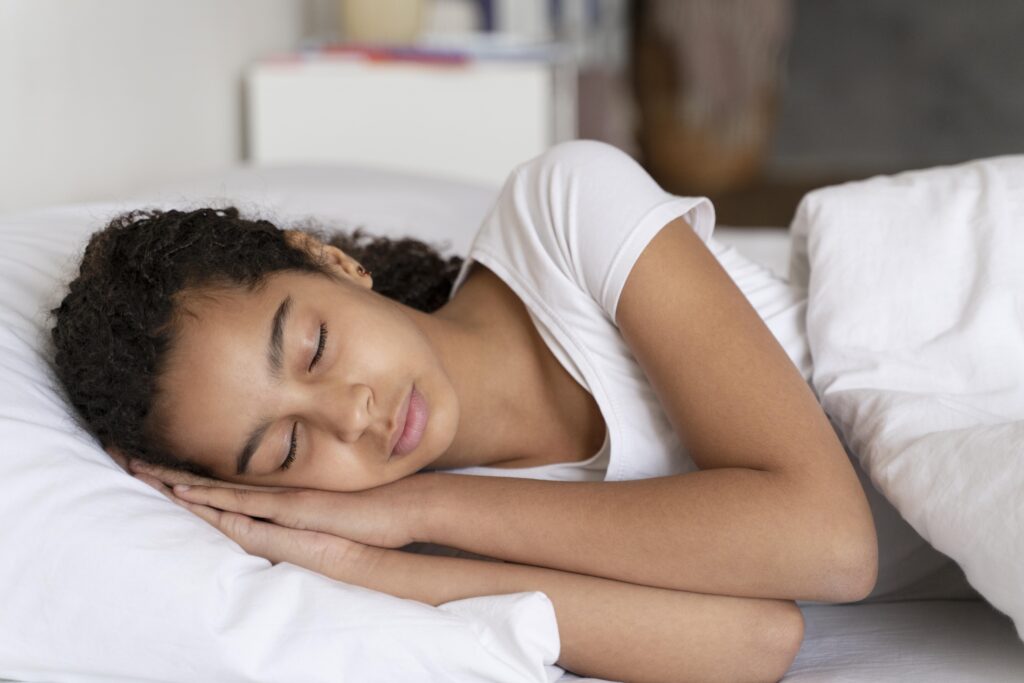Sleep for Athletes Performance
In order to perform their best, athletes must prepare in every aspect of their lives. They train regularly, eat healthy meals and snacks, and make time for rest, recovery, and sleep. When one area is lacking, overall performance can suffer. Sleep is certainly no exception!
Sleep and your immune system go hand in hand. Sleep is a non-negotiable biological necessity & not a lifestyle luxury.
The sunset primes us to go to bed early. That’s also a good time to turn off your devices which cause stimulation. Following a sun-downing environment, we can de-stimulate. This sends signals to the brain to get ready to go into sleep mode. There are perhaps two important aspects to consider when it comes to sleep: the amount of sleep you get and the consistency in time. Ideally, people ought to go to bed earlier and wake up in the early morning hours. This pattern matches our biological tendencies to adapt our sleep pattern with that of the sun. You might find that you’re naturally sleepier after sundown.

The other elements that could help are:
– Check in the temperature especially if you have the luxury to set it to 65-67F (ideal temp).
– Getting the room dark enough so even with eyes wide open it’s still dark (cave-like experience).
– Eating early before bedtime.- Shower time should be an hour before bedtime
– An important step is to avoid blue lights before bedtime. Blue light enhances alertness and therefore can disturb the circadian rhythm.
– Other common culprits are cell phones, computer screens, and TVs.
It is recommended that such devices should not be used in the hours leading up to bedtime. Set a time for yourself to put these devices away, like 30 minutes or an hour before you want to sleep. This primes you to be able to fall asleep well the better the quality of sleep you get, the less likely you are to experience significant daytime sleepiness or people can wake up feeling unrefreshed. Not getting enough sleep doesn’t only make you tired the next day, it has a big impact on what’s happening inside your body.
With a small margin between success and failure, athletes need to consider how they sleep, when they sleep, and how much they sleep for peak performance.
